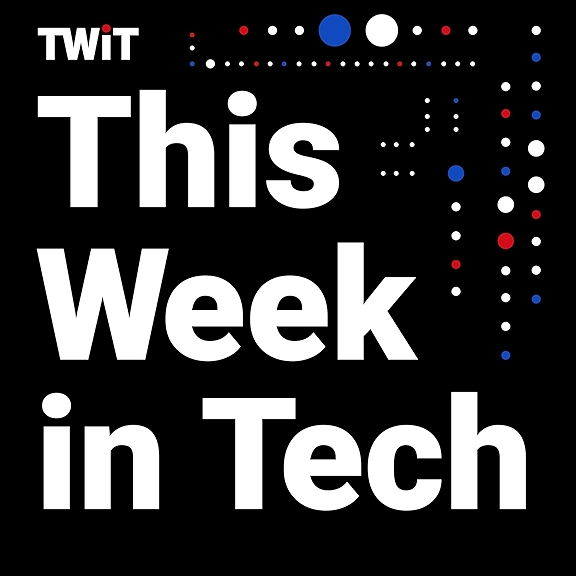
📌Episode Highlights
⏲️[00:00] Intro
⏲️[01:29] Q1 - How do you interpret the relationship between users accessing more content and services online and the impact this may have on telcos?
⏲️[05:01] Q2 - What are the inherent dangers (if any) of Big Tech being requested to pay for the network of telcos?
⏲️[10:10] Q3 - Do you think it is appropriate to compare the contribution of Big Tech and telcos in infrastructure, as suggested by some?
⏲️[15:15] You have 1 minute to deliver a message to the powers that be in the EU on the 'fair contribution' discussion: make your case.
⏲️[17:19] Outro
📌About Our Guest
🎙️ Dr. Francesca Musiani | Associate Research Professor, French National Center for Scientific Research (CNRS)
🐦 https://twitter.com/franmusiani
🌐 29 Internet experts and academics send a Letter to the European Commission urging to abandon the “Sending-Party-Network-Pays” proposal
🌐 European Parliamentary Research Service - Panel for the Future of Science and Technology - Study | 'Splinternets': Addressing the renewed debate on internet fragmentation
🌐 Dr. Francesca Musiani
Dr. Francesca Musiani is Associate Research Professor at the French National Center for Scientific Research (CNRS). She is Deputy Director of the Center for Internet and Society of CNRS, which she co-founded in 2019. She is also an associate researcher at the Center for the sociology of innovation (i3/MINES ParisTech) and a Global Fellow at the Internet Governance Lab, American University in Washington, DC.
Francesca is the author, with Ksenia Ermoshina, of Concealing for Freedom: The Making of Encryption, Secure Messaging and Digital Liberties (April 2022, Mattering Press), and (co-)author and editor of numerous other articles and books. She is vice-president for research of Internet Society France, has collaborated with the French Parliament (2014-2015) and the French Council for Audiovisual Media (2015-2018), and is the recent co-author of a study on Internet fragmentation for the European Parliament (2022).




















